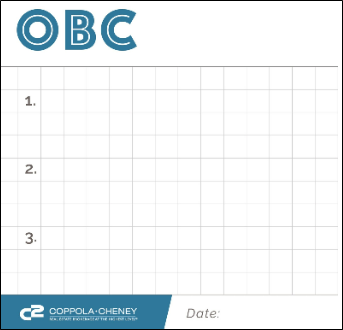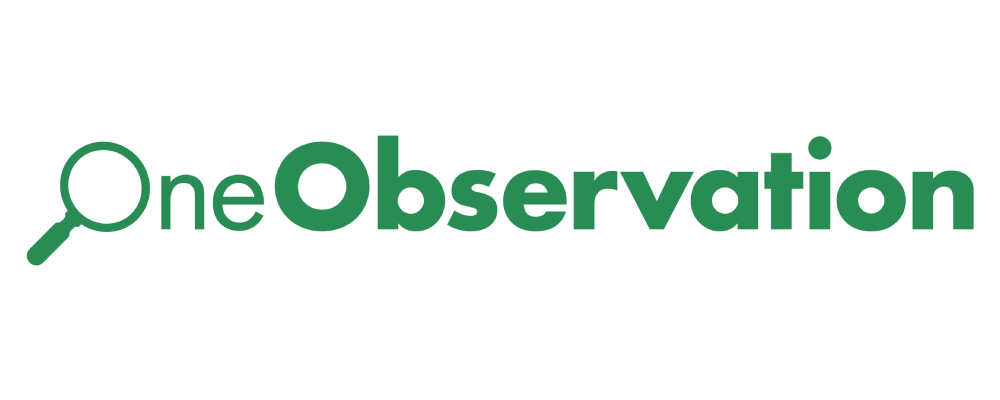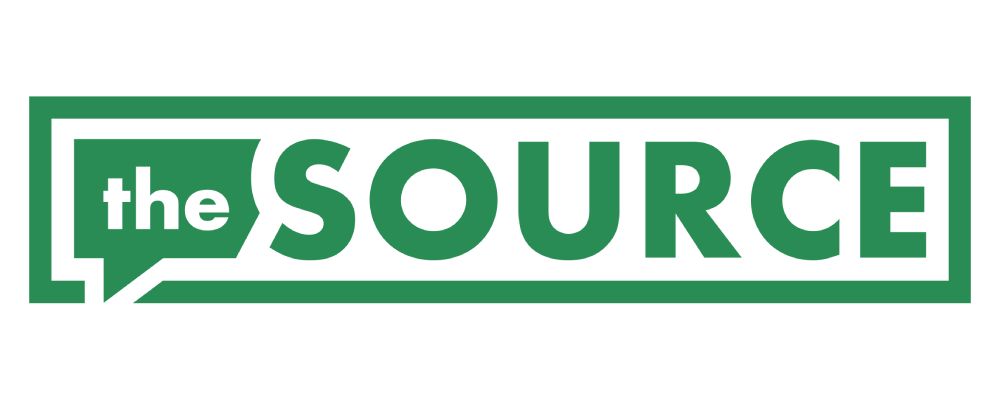Communication is the glue that holds teams and businesses together. Without an effective communication strategy, you’re at risk of falling into a few common traps. From meandering meetings that run way too long to pointless check-ins, lost emails and tasks that slip between the cracks, leaving the important things up to chance is a risky way to run a business.
Years ago, I was introduced to the concept of Objective Based Communication or OBC, and it has forever altered the way our team communicates, both internally and externally. This one simple system is the key to our productivity success (and a core value at CRE OneSource).
Objective Based Communication
OBC is a direct and focused approach to all conversations — in person, emails, sales presentations, written letters, product demos, onboarding calls, etc., no matter what form the communication takes, OBC makes sure everyone involved understands the purpose of the conversation before it starts.
Every communication begins with clearly communicating the desired outcomes to everyone involved. Before the conversation begins, everyone knows the purpose and focus for the meeting. And at the end of the conversation, you ensure that you have addressed everything you needed to and created action steps to move those outcomes forward.
Other notes or unrelated conversations that come up are delegated to a different conversation, and you keep the current communication focused on the agreed-upon outcomes.
Through OBC, conversations become more efficient and focused, and crucial tasks and notes aren’t allowed to slip through the cracks.
Execution
Sound simple? That’s because, at its core, OBC is all about simplicity. It’s about stripping away the unnecessary details and keeping the main thing, the main thing.
But in practice, OBC is easier said than done, especially in in-person conversations. We tend to be able to be precise in emails and written communications, but when you start talking to someone, on the phone or a Zoom, conversations can quickly spiral out of control.
Pleasantries turn into long, meandering stories. Something the other person says can spark a whole dialogue. Conversations get distracted and it’s easy to stray from the main purpose.
This isn’t always a bad thing — sometimes you do reveal other conversations that need to happen. But it’s important to have a system that allows you to put a pin in those distractions and return to the conversation at hand.
Luckily, creating an OBC process is easy. Before your next one-on-one, sales presentation, or team meeting, try using this method.
- Before the conversation or meeting starts, write down in a bulleted list the 1-3 points you hope to cover by the end of the conversation. Any more than 3 points is too much. The purpose is to keep these conversations focused and direct.
- When you start the conversation, run through these points with the other people involved. It can be as easy as saying, “I have three points to get across today, including X, Y, and Z.”
- Talk through the points in order. If the conversation drifts or becomes distracted, gently redirect it to the main points. If something is brought up that is important, but not part of your current conversation, have a system for recording it (like writing it down in your calendar or on a notepad) and following up on it in a later conversation.
- As the conversation draws to a close, review your original list to ensure you covered everything you intended to.
- Take all notes, outcomes, and tasks generated by the conversation and funnel them into a new process that ensures nothing from the conversation is forgotten.
Creating a Follow-Up Process
Implementing OBC in all your meetings and conversations is great, but it’s only the first step. Productive and focused conversations are pointless if you don’t also have a strong follow-up process that takes the action items, tasks, and reminders generated from the meeting and puts them into motion.
This follow-up process should start the minute the conversation is over. Even an hour after the conversation is done, we can forget up to 70% of what was discussed. This is a great way to let things slip between the cracks and create more problems than solutions.
What’s the answer? Notes. Taking notes during the OBC conversation not only ensures you are sticking to your main points, but it also allows you to return to the most important outcomes of the conversation later, and begin making a plan to execute on them.
This process will also help you create a method for delegating any unrelated conversations that may come up.
Here’s a great example of how I do it. Let’s say I’m having a one-on-one with someone on my team to talk to them about a project on their plate. I have my points to cover, and I want to keep the conversation focused on how they get that project completed. During the conversation, the other person brings up concerns about another task on their plate — a problem with their laptop. That’s an important problem, but unrelated to project.
Instead of allowing the conversation to turn to the laptop, or brushing off his or her concerns and ignoring them, I write them down in my notes along with a reminder to schedule another conversation specifically for the laptop, or bring it up at the end, when we are done discussing the project. Then we return to the original topic.
At the end of the conversation, I return to my notes and have a process for typing them up, assigning action items to different team members, or scheduling reminders in my calendar to follow up.
Nothing gets brushed under the rug or dismissed. Nothing falls between the cracks. Not only was our original conversation successful, but now we have the chance to keep the ball moving on other projects as well.
OBC Post-It
One thing we have to help steer this process is the OBC Post-It note. We order packs of these that I can easily grab for any impromptu conversations before they start.
You don’t need a special post-it, but having a designated place to write down your points can also help you ensure nothing gets lost.

OBC is a tool to help you focus, get your thoughts organized, and gain clarity in your life, conversations, and relationships. Try it out next week for all your conversations, whether written or in person, and see how your outcomes become more productive.
Good luck!
Charlie Coppola
[email protected]









